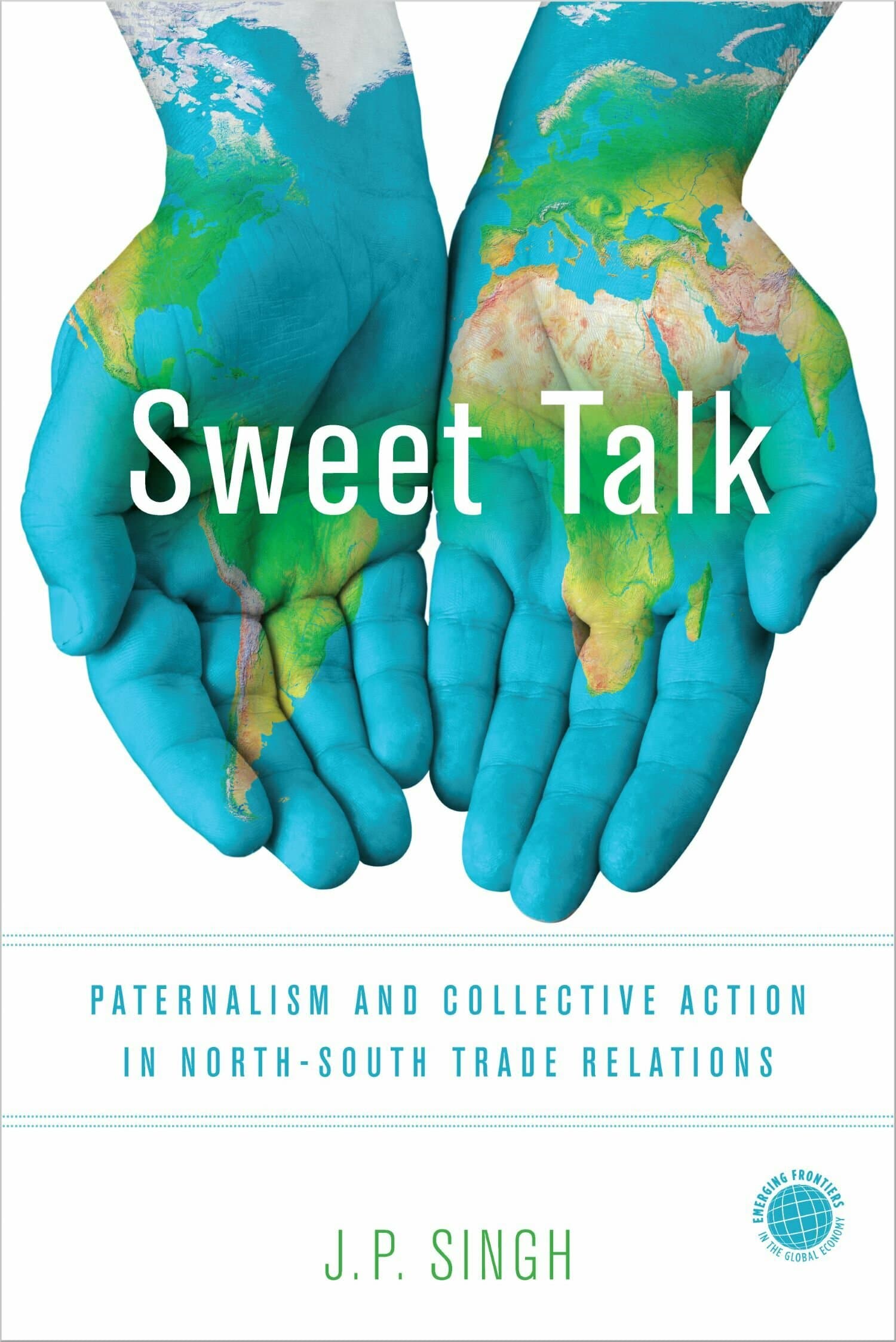Shadow Negotiators

Shadow Negotiators is the first book to demonstrate that United Nations (UN) organizations have intervened to influence the discourse, agenda, and outcomes of international trade lawmaking at the World Trade Organization (WTO). While UN organizations lack a seat at the bargaining table at the WTO, Matias E. Margulis argues that these organizations have acted as "shadow negotiators" engaged in political actions intended to alter the trajectory and results of multilateral trade negotiations. He draws on analysis of one of the most contested issues in global trade politics, agricultural trade liberalization, to demonstrate interventions by four different UN organizations—the Food and Agriculture Organization (FAO), the World Food Programme (WFP), the Office of the High Commissioner for Human Rights (OHCHR), and the Special Rapporteur on the Right to Food (SRRTF).
By identifying several novel intervention strategies used by UN actors to shape the rules of global trade, this book shows that UN organizations chose to intervene in trade lawmaking not out of competition with the WTO or ideological resistance to trade liberalization, but out of concerns that specific trade rules could have negative consequences for world food security—an outcome these organizations viewed as undermining their social purpose to reduce world hunger and protect the human right to food.
"Shadow Negotiators is both truly innovative and empirically sound – a combination that is rare. A must for those who are interested in international organizations and global governance."—Michael Zürn, Dean, Hertie School; Director of the Research Unit Global Governance, Berlin Social Science Center
"Shadow Negotiators brilliantly shows how UN actors in food and agriculture have intervened to defend food security goals. Drawing on extensive research, Margulis makes a powerful case that international organizations employ a range of strategies to influence outcomes in international trade negotiations."—Jennifer Clapp, Professor, School of Environment, Resources and Sustainability, University of Waterloo
"Margulis traces four cases, each illustrating a different method of intervention, and contributes to understandings of the growing complexity of international governance and the tensions betweencompetingeconomic values: economic liberalization and human security. Most specifically, the work contributes to a growing scholarship on regime complexes as analytic constructs in international relations, and advances an understanding of the independent interests of international organizations capable of autonomous action. Recommended."—S. P. Duffy, CHOICE
"The versatility of Margulis' Shadow Negotiators is its principal strength, and this book will undoubtedly contribute to informing various substantive and methodological inquiries across disciplines on the WTO, food security and far beyond."—Anne Saab, European Journal of International Law
"an excellent book that gives the reader insight into the complex and political world of trade negotiations and the role international organizations play in shaping or (sometimes) unwinding trade policy."—Joseph W. Glauber, World Trade Review
"For the non-specialist, Shadow Negotiators is a both a discovery and a guide book.... The reader discovers the complexity of the institutions that are at play in food security internationally, with the various components of what [Margulis] refers to as a regime complex where the domains of agriculture and food, international finance, international trade, humanitarian assistance, human rights, the environment, and development overlap."—Serge Savary, Food Security
"In Shadow Negotiators, Matias Margulis provides an empirically rich and persuasive account of how United Nations institutions have successfully shaped the rules of the World Trade Organization."—Erin R Graham, International Affairs
"The book's contributions are threefold; to global trade politics, the UN's role in global economic governance, and, more broadly, theories about international organization and regime complexes. Indeed, Margulis effectively argues these findings are not limited to either agriculture or the system of international organizations exemplified by the UN."—Michael M. Gunter Jr., Journal of Human Rights
"Margulis's research is carefully crafted.... Beyond careful case selection, the research is strengthened by its reliance on nearly 90 semistructured elite interviews with key participants, as well as a range of primary documents."—Surupa Gupta, Perspectives on Politics
"Margulis's careful analysis provides a more generous reading of UN organizations than what has historically been afforded by existing literature. The book helps move studies of global governance and IOs in a more nuanced direction and provides a useful interlocutor for scholars of global governance and international institutions alike, regardless of whether their substantive focus involves the UN system or international trade."—Sutina Chou, International Journal




